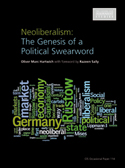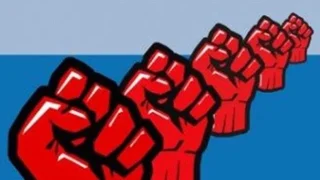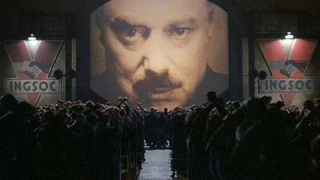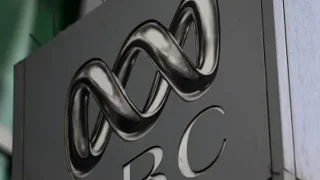
Neoliberalism is one of the most commonly used words in political debates. Despite this, the origins of neoliberalism are hardly known. Nor does there appear to be a generally accepted definition of the term. Some commentators have linked it to ‘extreme capitalism’; others have called neoliberalism ‘greed dressed up as an economic philosophy.’
The original inventors of the word ‘neoliberalism’ had something completely different in mind. Their philosophy was a reaction to the Great Depression of the 1930s. As such it was meant to show a ‘Third Way’ between capitalism and socialism. Today’s critics of neoliberalism have more in common with neoliberalism than they may think.
Dr Oliver Marc Hartwich is a Research Fellow with the Economics Programme at the Centre for Independent Studies. Previously, he was the Chief Economist at the British think tank Policy Exchange, London. His publications with Policy Exchange mainly dealt with housing and planning, urban regeneration and transport policy. Before that he worked as an adviser to Lord Oakeshott of Seagrove Bay in the UK House of Lords. Hartwich studied Business Administration and Economics at Bochum University (Germany). After graduating with a Master’s Degree, he completed a PhD in Law at the universities of Bochum and Sydney (Australia) while working as a Researcher at the Institute of Commercial Law of Bonn University (Germany).
Dr Razeen Sally is co-Director of the European Centre for International Political Economy (ECIPE), an international economic policy think tank based in Brussels. He is presently on a leave of absence from the London School of Economics and Political Science, where he has taught since 1993. He received his PhD from the LSE in 1992, and did post-doctoral research at INSEAD in France.










